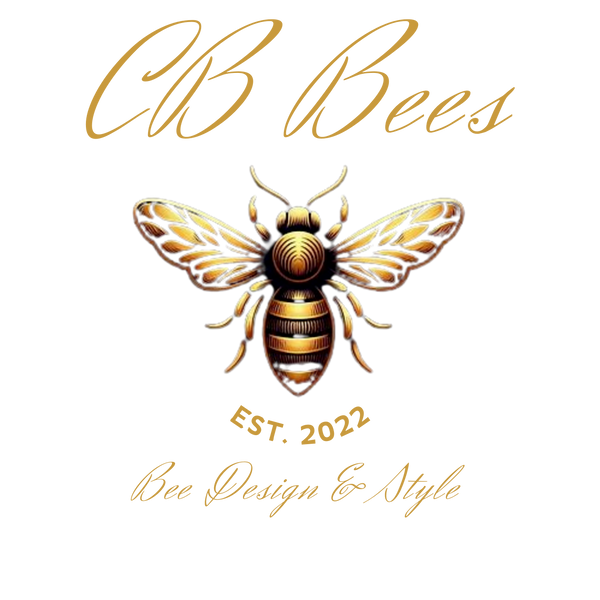Why Saving the Bees is Crucial for Our Food Production and Ecosystem
Bees are far more than a symbol of industriousness; they are indispensable pollinators that sustain ecosystems and support global food production. The decline of bee populations in recent years is alarming, with devastating consequences not just for biodiversity but for humanity’s food security. In this article, we delve into why saving the bees is critical and how their survival impacts global food systems.
The Role of Bees in Pollination
Pollination is essential for plant reproduction. Bees, particularly honeybees and wild bee species, play a pivotal role in this process. When bees visit flowers to collect nectar and pollen, they inadvertently transfer pollen from one flower to another, enabling plants to produce fruits, nuts, seeds, and vegetables. According to the Food and Agriculture Organization (FAO) of the United Nations, approximately 75% of the world's food crops rely on pollinators, including bees, for optimal production. This includes staples like apples, almonds, berries, and coffee.
The Economic Value of Pollination
The economic impact of pollination services provided by bees is immense. A study published in Science estimates that pollinators contribute more than $235 billion to $577 billion annually to global food production. Without bees, farmers would face the daunting and costly challenge of manually pollinating crops or accepting significantly lower yields. Almond farming in California, for example, relies almost entirely on honeybee pollination, with over 1.6 million hives deployed annually to support the $11 billion industry.
Threats to Bee Populations
Despite their importance, bee populations worldwide are in steep decline due to a combination of factors:
-
Pesticides and Chemicals: The widespread use of neonicotinoids and other pesticides has proven toxic to bees, affecting their ability to forage, reproduce, and survive.
-
Habitat Loss: Urbanization and agricultural expansion have destroyed wildflower-rich habitats, depriving bees of essential food sources.
-
Climate Change: Rising temperatures and altered weather patterns disrupt flowering cycles, affecting the availability of nectar and pollen.
-
Parasites and Diseases: The Varroa destructor mite and diseases like colony collapse disorder (CCD) have decimated bee populations globally.
Impact on Global Food Security
The decline of bee populations poses a direct threat to food security. Crops that depend on bee pollination are some of the most nutritious, providing essential vitamins and minerals. A loss in bee populations could lead to decreased yields of fruits, vegetables, and nuts, exacerbating malnutrition and food scarcity. For instance, a study in Nature highlighted that inadequate pollination has already reduced global crop yields by 3-5%, a concerning figure as global food demand continues to rise.
Environmental Ripple Effects
Bees are a keystone species, meaning their health impacts the broader ecosystem. The plants they pollinate form the foundation of food chains, supporting a variety of animals, from insects to birds and mammals. The loss of bees could trigger cascading effects, disrupting ecosystems and diminishing biodiversity.
How You Can Help Save the Bees
The good news is that individuals, businesses, and governments can take action to protect bees. Here are some ways to contribute:
-
Plant Bee-Friendly Gardens: Grow a variety of native plants that provide nectar and pollen throughout the year.
-
Avoid Harmful Pesticides: Use organic or bee-safe alternatives in your garden.
-
Support Sustainable Agriculture: Buy organic produce and support farmers who practice bee-friendly farming methods.
-
Provide Habitats: Install bee hotels or leave areas of your yard wild to create shelter for solitary bees.
-
Raise Awareness: Educate others about the importance of bees and advocate for policies that protect their habitats.
Conclusion
Saving the bees is not just an environmental issue; it is a matter of global food security and economic sustainability. Bees are critical to the production of the nutritious foods we rely on, and their decline could lead to severe ecological and human consequences. By taking collective action, we can safeguard these essential pollinators and ensure a sustainable future for generations to come. Supporting initiatives like CBBees.shop is a step toward creating a world where bees thrive, and so does our planet.

